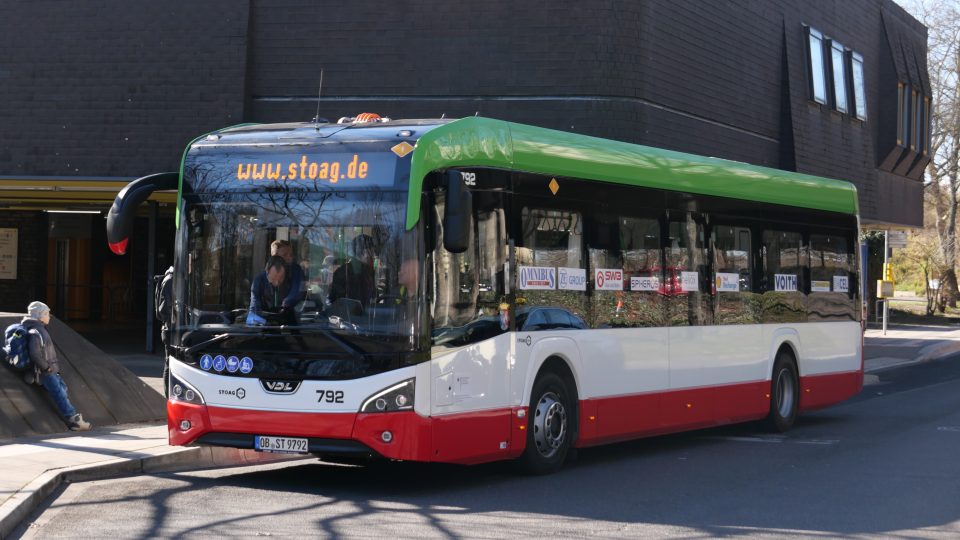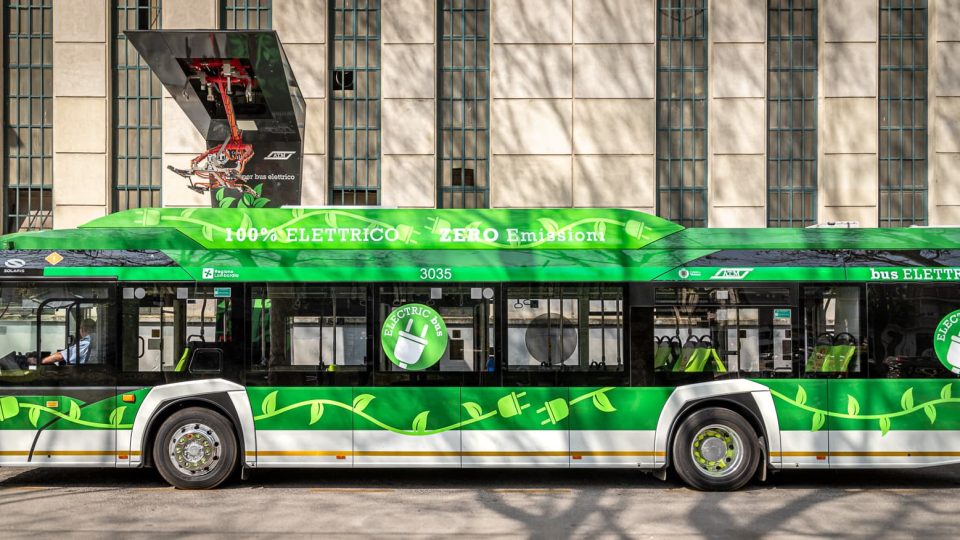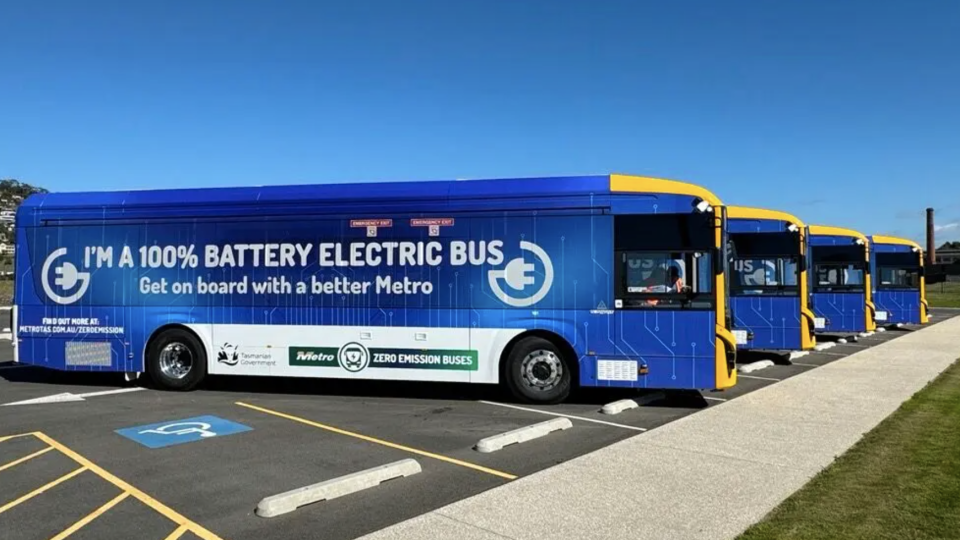Electric road project in Sweden, Solaris to supply the test vehicle
Solaris is ‘lending’ a trolleybus for a Swedish programme on electric roads in the city of Lund. The ‘EVolution Road’ project concerns creating an electric road which automatically detects and charges electric vehicles, both while driving as well as at a standstill, for instance when parked. To this end, a Solaris Trollino will be adopted for test drives on an innovatory road. The aim of the initiative […]
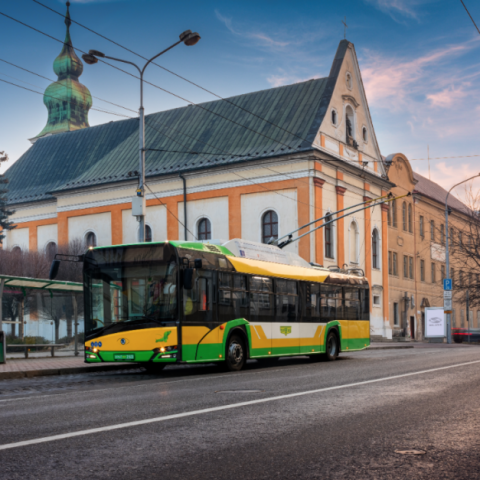
Solaris is ‘lending’ a trolleybus for a Swedish programme on electric roads in the city of Lund. The ‘EVolution Road’ project concerns creating an electric road which automatically detects and charges electric vehicles, both while driving as well as at a standstill, for instance when parked.
To this end, a Solaris Trollino will be adopted for test drives on an innovatory road. The aim of the initiative is to test novel ways of electric vehicles charging and paving the way towards fossil-free transportation.
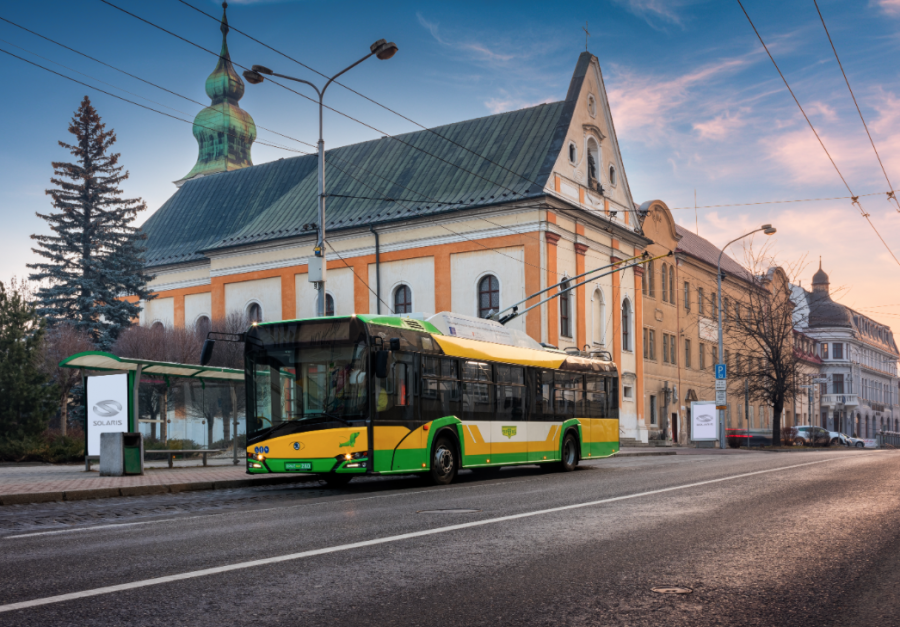
A cooperation between industry, academia and public sector
The company taking part to the project is Solaris Sverige AB, representative of Solaris Bus & Coach on the Swedish market. Initiated by the Swedish company Elonroad AB together with the Faculty of Engineering at the University of Lund, this research and development project is a cooperation between members from the industry, academia and public sector. The test vehicle used in the project is a Solaris trolleybus.
The partners of this project, apart from Solaris, are the Faculty of Engineering at Lund University, the Swedish National Road and Transport Research Institute, Lund municipality, Elonroad, Innovation Skåne AB, Kraftringen Energi AB, Ramboll AB and public transport authority Skånetrafiken.
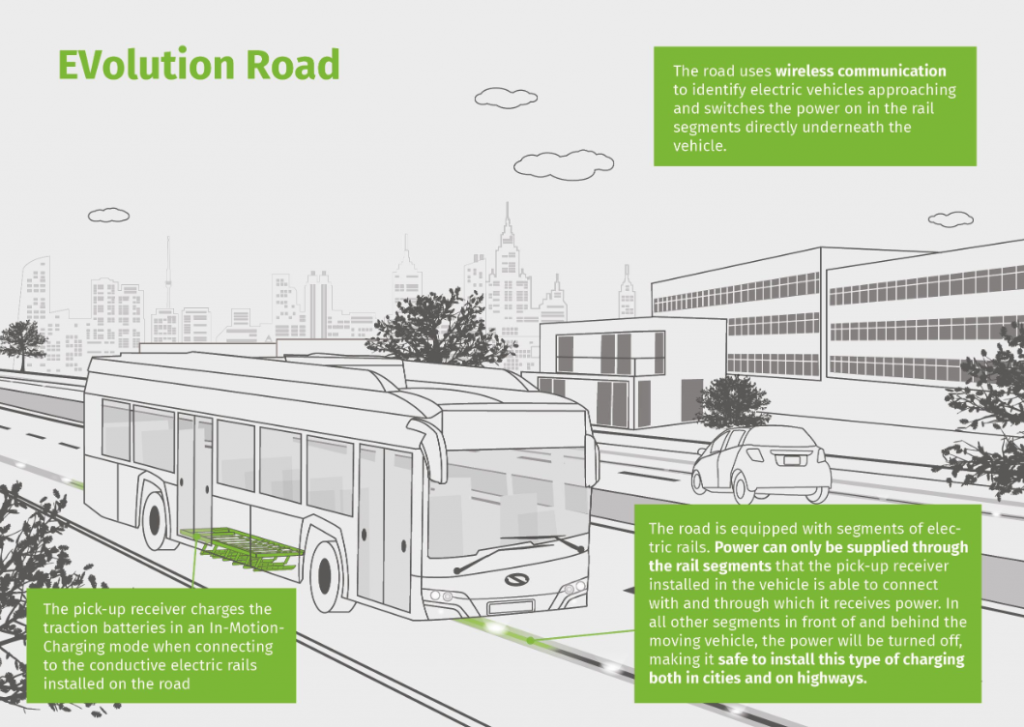
One chilometer electric road in Lund
The demonstration site is to be situated in the city of Lund in southern Sweden, where a one kilometer long section of the road will be equipped with electric rails, each of them one meter long. A specially developed pick-up aggregate will be built into a Solaris Trollino trolleybus selected for test drives. The traction batteries of the vehicle will be charged as the pick-up receiver under the trolleybus connects with the conductive rail installed in the road, Solaris explains.
The manufacturer will hold the responsibility of developing the technical integration between the onboard charging systems and the custom made conductive pick-up installed under the vehicle. The construction of the demo site starts in the first quarter of 2020 and the entire project will be running for three years. The total investment is worth 9 million euros and the procurer and main financier is the Swedish Transport Administration.
Wireless communication between road and trolleybus
The road uses wireless communication to identify electric vehicles approaching and switches on the power in a one meter long segments directly underneath the vehicle, Solaris highlights. The power can only be supplied in the areas where the pick-up receivers are able to connect with the rail and receive power. In all other segments in front and behind the moving vehicles, the power will be turned off, making it safe to install this type of charging in both – cities and on highways.
Smaller batteries with electric roads
Among the main advantages of this type of in-motion charging is the fact that it significantly reduces the need for large, expensive and heavy traction batteries. This in turn results in reduced weight and cost of the electric vehicle. It also allows to save time as there in no more need for regular stops for the recharge.



